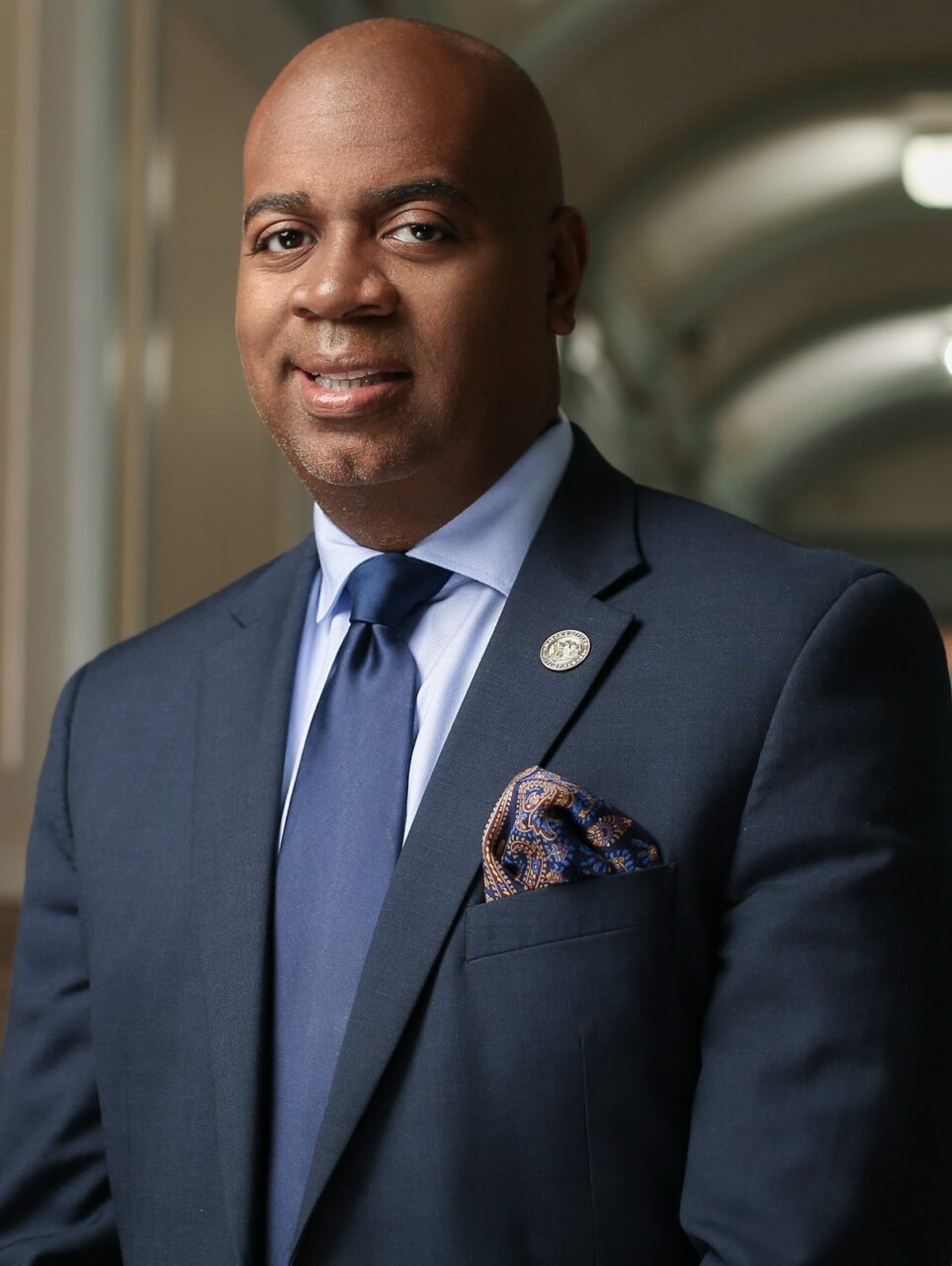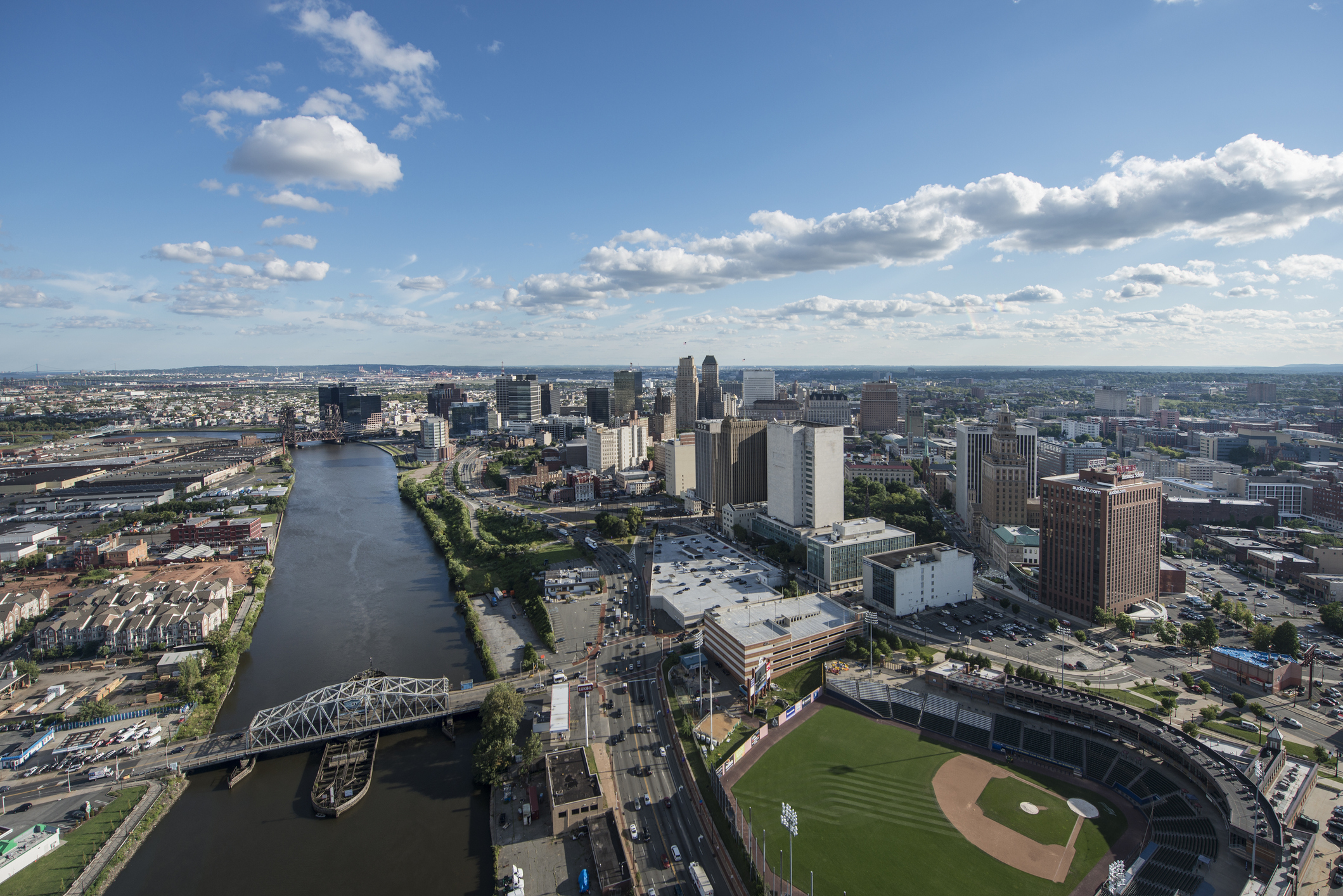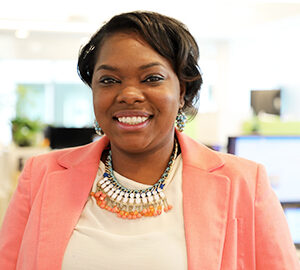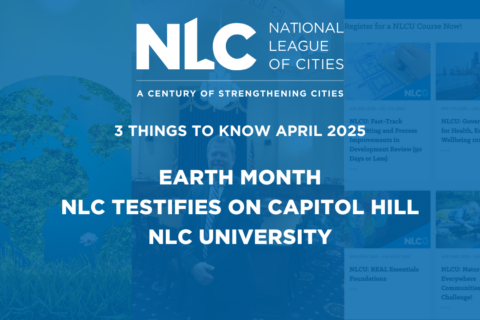This blog post is part of the On Your Mind series featuring local leaders and early childhood champions across the country. NLC’s Early Childhood Success team supports members so every city, town, and village has healthy babies and happy families, and all children are thriving by 3, ready at 5, and on their way by 8, so all children thrive.
On March 12, 2024, Mayor Ras J. Baraka delivered his 10th State-of-the-City address, “Newark and Proud of It.” The accomplishments Mayor Baraka highlighted during his speech included securing $2.7M in private and state funds to support the Summer Youth Improvement Program, the reallocation of funds to help 69 families avoid eviction, a 43% increase in children screened for lead exposure, and a 143% increase in children receiving immunizations services. Additionally, he shared that the city procured three state-of-the-art medical mobile units, partnering with community-based organizations to target underserved communities and provide them with essential medical and mental health services. There is much to be proud of in Newark. “However, there is still much work to do. We must take action to support our youth, who are our future,” said Mayor Baraka.

During a recent site visit, NLC sat down with Mayor Baraka to learn what’s on his mind when it comes to children and families in the City of Newark:
NLC: What is one thing keeping you up at night when you think about the young children and families in your community?
Mayor Ras J. Baraka: I am thinking about the action we need to take to support our youth now as well as in the future. In Newark, we are taking action through our Office of Comprehensive Community Education to support the children and families beginning in the earliest years and as they enter school. With a key focus on literacy starting in early childhood, as well as on maternal health, we hold events, such as the cradle project, to make sure that our women and their children have access to quality healthcare, quality maternal care, and can start school, ready to learn. These efforts expand to other programs such as My Brother’s Keeper, where we are taking steps to make sure kids are entering school ready to learn and that they’re able to read at grade level by third grade. Those are things that we are focused on right now more than anything, and making sure that our children are safe, that they’re safe from violence, and have alternative means to engage in the educational system.
NLC: Last summer, you all launched the Newark Citywide Prenatal to 3rd Grade 10-point Plan to address the city’s literacy rates. What drove your direction for the framing of PN-3rd grade for the literacy plan?
RJB: The idea that kids have to start school ready to learn drove this direction. If you are trying to get kids to be prepared to learn before they enter school, then you have to support them while they’re out of school, which is when they’re first born or, even before that, when they are in their mother’s womb, forming. We have to figure out how to get kids prepared, and the data and science are showing us that it’s possible to do that — to engage in literacy with your child before they are born.
NLC: How have you involved the community in the creation and implementation of the literacy plan?
RJB: We had many large focus group meetings with different groups of folks that we brought together to talk about this. We brought together some of the folks who do the work and who contemplate the work to figure out what the 10-point literacy program should be. We didn’t think of it ourselves. We brought community partners together to come up with their best strategy around the question ‘if you could give parents one or two things that they could do, what would it be?’ And we pulled it together from there. So, we had a series of parent and community meetings with folks to figure this out. All of that helped us inform the work that we were doing.
NLC: What are you most proud of since the launch?
RJB: I was glad about the Cradle Project Conference that was held. I thought that was well done, and it really drove the point home of why we’re doing this. I think it really puts people in the right frame of mind in terms of how we are trying to address literacy in the city. I think that stuck. And just our ability to get the information out and get all of the partners together to talk about literacy is important. After that, I saw a flyer about an after-school basketball program that was being offered, and on the flyer, it said, “literacy activities.” And that’s clearly because of the focus that we put out telling all of the community-based organizations that they should have some literacy in the activities that they do with our children after school and in the summer. So, we’ll see if that continues to perpetuate itself. Preferably, it does. We’ve elevated it so people know it’s front of mind.
NLC: The decisions you make today will impact Newark residents for future generations to come; how does that make you feel as Ras Baraka, the individual?
RJB: Well, I think that’s our job, really. I look at it as if that’s what we’re supposed to be doing. It feels good because it’s my city; I was born and raised in it. To be able to do things in neighborhoods and for families and communities that you know and have been through probably has a different impact than folks who just moved to the city doing these things. There’s that kind of historical connection. But the work that you do should have generational impact, that’s what we’re trying to do. If it doesn’t have a generational impact, then we have to rethink it.
NLC: As a municipal leader, how are you keeping the early childhood community, young children, and their families at the center of local governance?
RJB: I would say, obviously, any policy or activity that you have going on has to address families. That’s what our job is, to address families, to make sure families are safe and secure, that they have access to a great education, that they’re in an environment where they can get a great job, where they’re safe from violence. All those things that we do. So, especially in cities like Newark, it’s not just about picking up the garbage and shoveling the snow. It’s about making sure our families can thrive. And so, if all your policies are tied to that, and if you’re focusing on family, and especially on young people, I think you’ll hit the mark over and over and over again.
Learn More about the Week of the Young Child
See what city leaders are saying about the Week of the Young Child and the importance of municipal leadership on the issues facing children and families.









